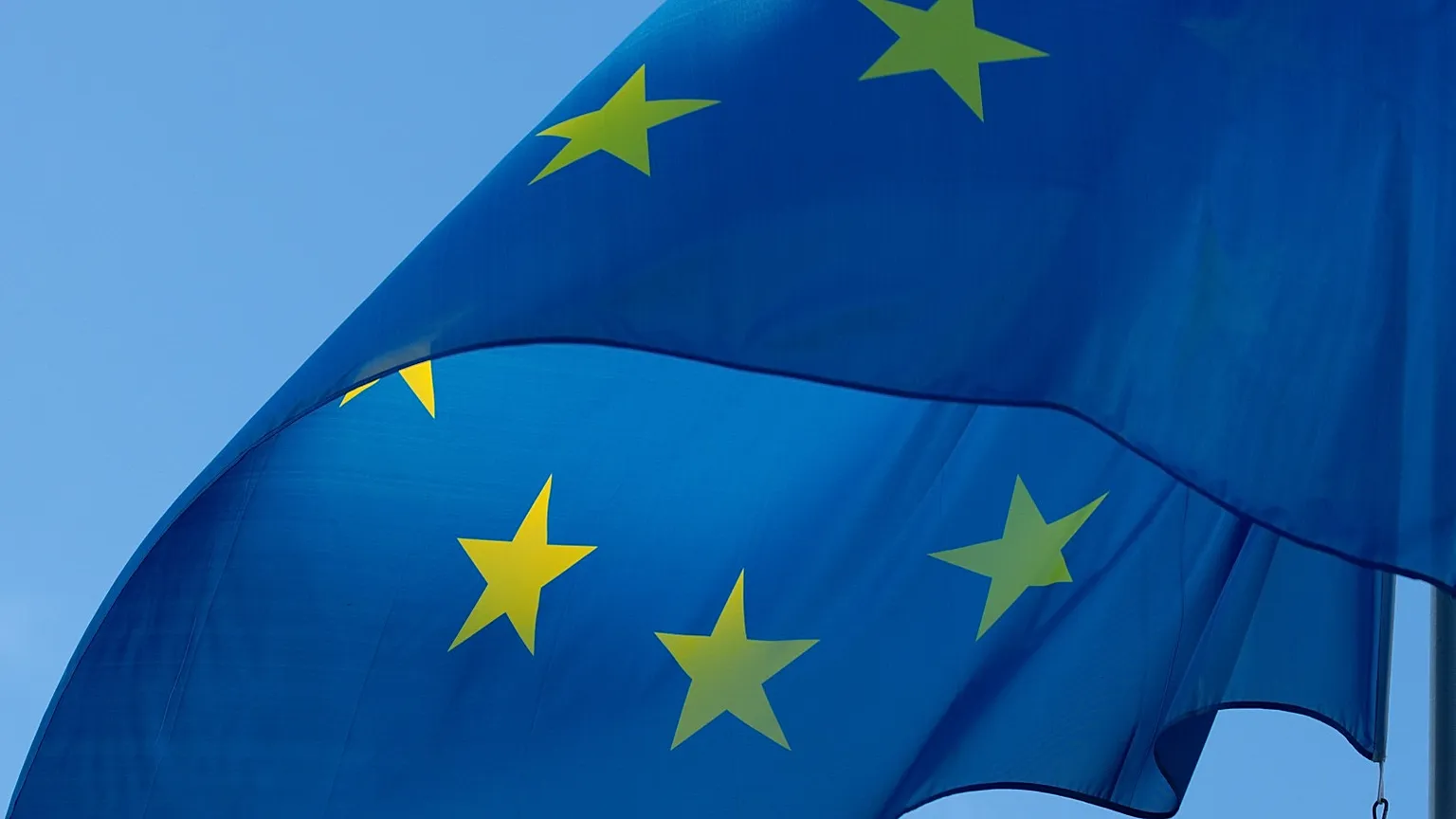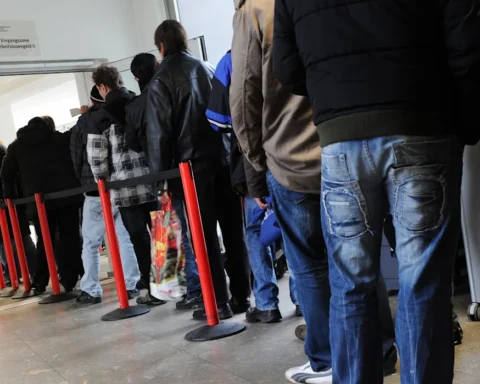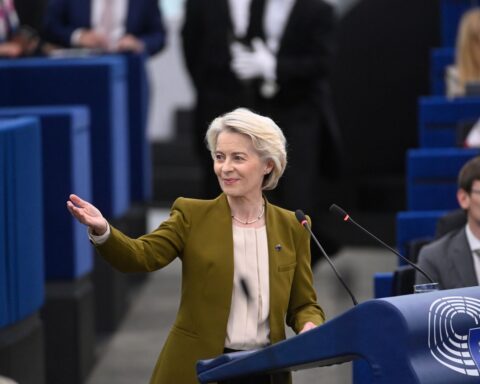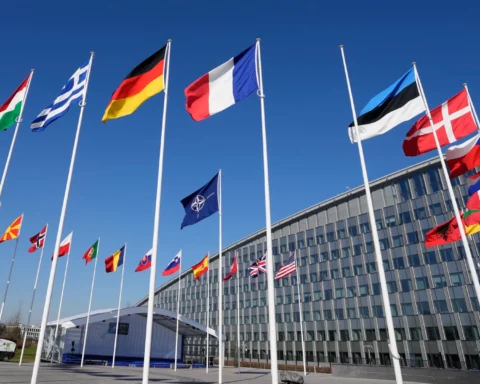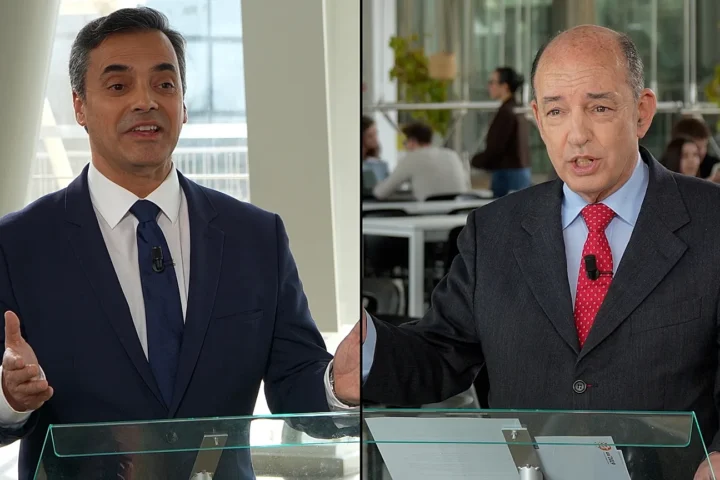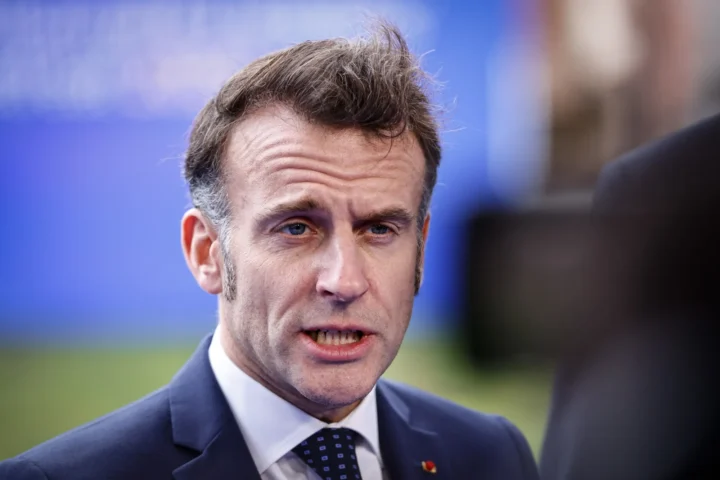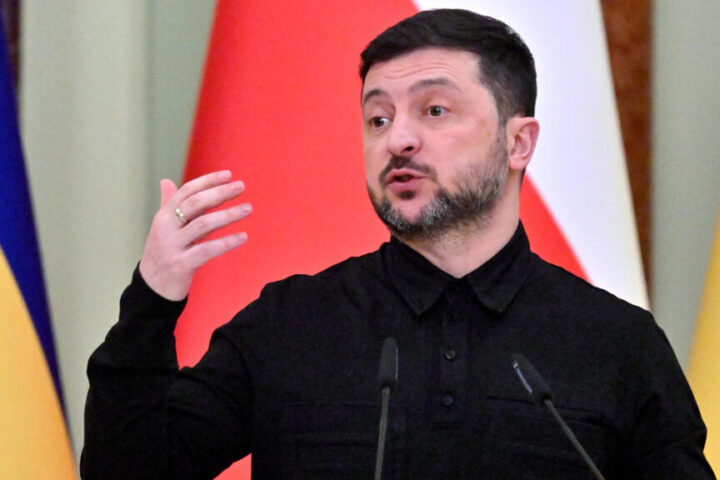As Europe accelerates toward a unified digital market and tighter regulatory frameworks around data, artificial intelligence, and cybersecurity, EU candidate countries are racing to adapt their own technology policies. From the Western Balkans to Eastern Europe, aspiring members are rewriting laws, establishing digital authorities, and investing heavily in infrastructure to meet the EU’s demanding standards — not just for accession, but for long-term competitiveness in a rapidly evolving digital world.
This transformation marks one of the most profound overhauls of governance and industry in modern European history. For candidate nations, aligning with the EU’s digital agenda is not simply a bureaucratic exercise — it’s an economic necessity and a geopolitical statement of intent.
Digital Readiness as a Precondition for EU Membership
The European Union’s accession process has always required extensive legal and institutional alignment, but in the digital age, technology has emerged as one of the defining battlegrounds. Candidate countries must now meet a growing set of standards outlined in the EU’s Digital Single Market strategy, the General Data Protection Regulation (GDPR), and the Digital Services Act (DSA).
These frameworks regulate everything from online privacy to platform accountability and cybersecurity. Countries seeking membership — including Ukraine, Moldova, Georgia, Albania, North Macedonia, Serbia, Montenegro, and Bosnia and Herzegovina — are being asked to demonstrate that their digital economies can integrate seamlessly with the EU’s internal market.
This involves more than just passing new laws. It requires building digital institutions, secure infrastructure, and transparent data governance systems, while ensuring that citizens, businesses, and public administrations are digitally literate and resilient.
Ukraine: Digitalization Amid Conflict
Among all EU hopefuls, Ukraine has made perhaps the most visible progress. Even as the country continues to defend itself from Russia’s invasion, it has launched one of Europe’s most ambitious government digitalization programs.
The Diia platform, which digitizes government services and personal identification, has become a model for how digital governance can function even under wartime conditions. Ukraine has also passed legislation mirroring the GDPR, aligned with the EU’s Digital Markets and Services Acts, and is working to harmonize its telecommunications standards with European norms.
“The EU’s digital framework is our north star,” a Ukrainian digital policy official recently noted. “We are not just rebuilding Ukraine’s infrastructure — we are rebuilding it to European standards.”
Ukraine’s efforts are being closely watched in Brussels. The country’s tech sector, already a leading software outsourcing hub, could become a vital contributor to the EU’s digital economy if integration proceeds as planned.
The Western Balkans: A Digital Convergence Zone
The Western Balkans have also stepped up their digital policy ambitions, driven by a mix of EU incentives and domestic modernization needs. The EU’s Digital Agenda for the Western Balkans, launched in 2018, has provided funding and technical assistance to help these nations develop 5G networks, e-governance tools, and cybersecurity capabilities.
- Serbia has implemented a new Law on Personal Data Protection modeled on the GDPR and has established a National AI Strategy to promote responsible use of artificial intelligence in industry and public services.
- Albania has digitized most government services through its e-Albania platform, reducing bureaucracy and increasing transparency.
- North Macedonia has introduced a National Broadband Plan to expand internet access and promote digital inclusion, a key component of EU digital readiness.
However, challenges remain. Weak judicial systems, political instability, and gaps in technical capacity have slowed full harmonization. Many of these countries still rely on outdated IT infrastructure, and public trust in digital systems remains fragile.
Nevertheless, the momentum is clear. The EU has made digital transformation a central pillar of its engagement with the Western Balkans, tying progress in this area directly to accession funding and trade benefits.
Moldova and Georgia: Bridging East and West Through Tech
For Moldova and Georgia, aligning tech policy with the EU represents both an economic opportunity and a geopolitical shift. Historically tied to post-Soviet digital and regulatory systems, both countries are now reorienting their frameworks toward the West.
Moldova has prioritized cybersecurity cooperation with the EU, joining several European cybersecurity initiatives and modernizing its data protection laws. The government has also launched public-private partnerships to boost digital literacy and local tech innovation.
Georgia, meanwhile, is positioning itself as a regional digital hub, leveraging its geographic location to serve as a bridge between Europe and Asia. The country has invested heavily in fiber-optic infrastructure, digital education, and blockchain initiatives, and it is working with the EU to harmonize its ICT regulations.
For both nations, aligning with EU tech policy is not just about compliance — it’s a way to attract investment, retain talent, and strengthen national resilience against cyber threats.
Artificial Intelligence and the Ethics of Innovation
One of the most complex areas for EU candidate countries is artificial intelligence regulation. The EU AI Act, expected to come into force in 2026, sets a global benchmark for ethical AI deployment. Candidate nations must begin preparing now by creating regulatory sandboxes, establishing AI ethics boards, and ensuring their companies meet standards on transparency, accountability, and data protection.
Some candidate countries see this as an opportunity rather than a burden. By adopting EU standards early, they can position themselves as compliant partners for European businesses seeking trustworthy AI ecosystems.
In Serbia and Ukraine, for instance, AI innovation hubs are already forming around universities and private companies. These centers aim to develop not just AI products, but governance frameworks that align with European values.
Challenges Ahead: Cybersecurity, Infrastructure, and Investment Gaps
Despite impressive progress, the digital transformation of EU candidate states faces structural and financial challenges. Many of these countries still lack robust cybersecurity frameworks, leaving them vulnerable to attacks and data breaches. Cross-border cooperation remains limited, and local administrations often lack the expertise to enforce complex EU regulations.
Infrastructure investment is another bottleneck. The rollout of 5G networks, cloud computing infrastructure, and data centers requires billions in capital — far beyond what most candidate states can finance alone. EU funds and private investment will be essential to closing these gaps.
Moreover, brain drain continues to affect the region. Talented developers and engineers often migrate to EU countries for better opportunities, leaving domestic industries underdeveloped. Addressing this issue will require creating stronger incentives for innovation at home, including startup support programs and research partnerships with European institutions.
A Digital Future Anchored in Europe
For the EU, integrating candidate countries into its digital ecosystem is not only about expanding the single market — it’s about strengthening Europe’s geopolitical and technological influence. By helping its neighbors modernize and align with democratic digital norms, the EU aims to create a stable, interconnected, and competitive region capable of withstanding global technological pressures from the U.S. and China.
For candidate nations, digital convergence represents a pathway to prosperity and sovereignty. Technology is becoming the language of modern governance, and mastering it is key to economic growth, social inclusion, and political stability.
As one Moldovan digital minister recently put it: “Our EU journey is not just about borders — it’s about bandwidth. The future belongs to nations that connect, protect, and innovate together.”
Conclusion: The Digital Accession Era
The road to EU membership has always been paved with reform. In 2025, that reform is increasingly digital. From Ukraine’s wartime tech resilience to the Western Balkans’ push for AI regulation, candidate countries are proving that the path to Brussels now runs through the cloud.
Whether they achieve accession in the next decade or beyond, one thing is certain — by modernizing their tech policies, these nations are not just preparing to join the EU; they are helping shape the next phase of Europe’s digital identity.
